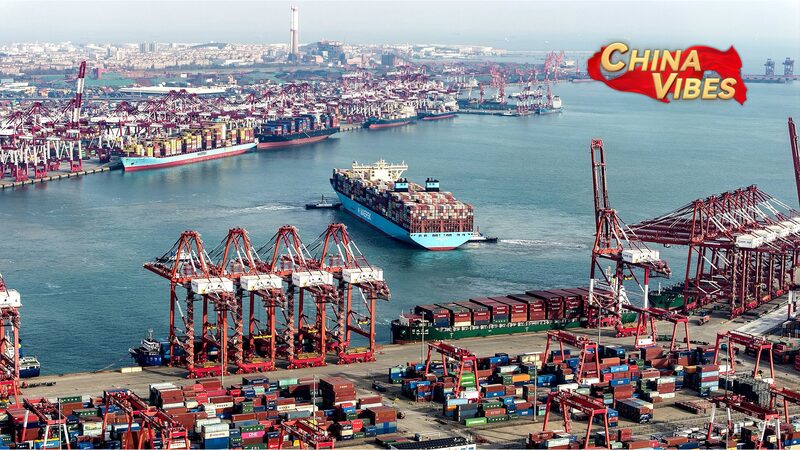China has reaffirmed its commitment to defending global free trade and expanding economic openness through its newly unveiled 15th Five-Year Plan (2026-2030), signaling a robust countercurrent to rising protectionism worldwide. The blueprint, outlined during the fourth plenary session of the 20th Central Committee of the Communist Party of China, emphasizes high-standard institutional reforms and international cooperation as pillars of its strategy.
The plan builds on China's recent economic achievements: goods trade volumes remain globally dominant, services trade surpassed $1 trillion in 2023, and foreign direct investment (FDI) exceeded targets by reaching $708.7 billion during the 14th Five-Year Plan period. Manufacturing sectors now fully open to overseas investors, while 22 Free Trade Zones test cutting-edge international business rules.
Chinese Commerce Minister Wang Wentao highlighted four key priorities for the next phase: broadening market access, innovating trade mechanisms, expanding two-way investment channels, and deepening Belt and Road Initiative (BRI) cooperation. "China will let its vast market become a global opportunity," Wang stated, underscoring efforts to attract foreign enterprises.
The strategy resonates internationally, with Iceland's President Halla Tomasdottir praising China's defense of rules-based trade during recent Beijing talks. Over 150 countries and regions now count China as their top trading partner, with BRI partners accounting for more than half of China's total trade volume.
Analysts view the 15th Five-Year Plan as both an economic roadmap and a geopolitical stabilizer, offering predictability amid global supply chain realignments. As the plan moves toward implementation, its success may hinge on balancing domestic reforms with the evolving demands of multilateral trade frameworks.
Reference(s):
Defending free trade: China commits to open economy in 15th FYP
cgtn.com








